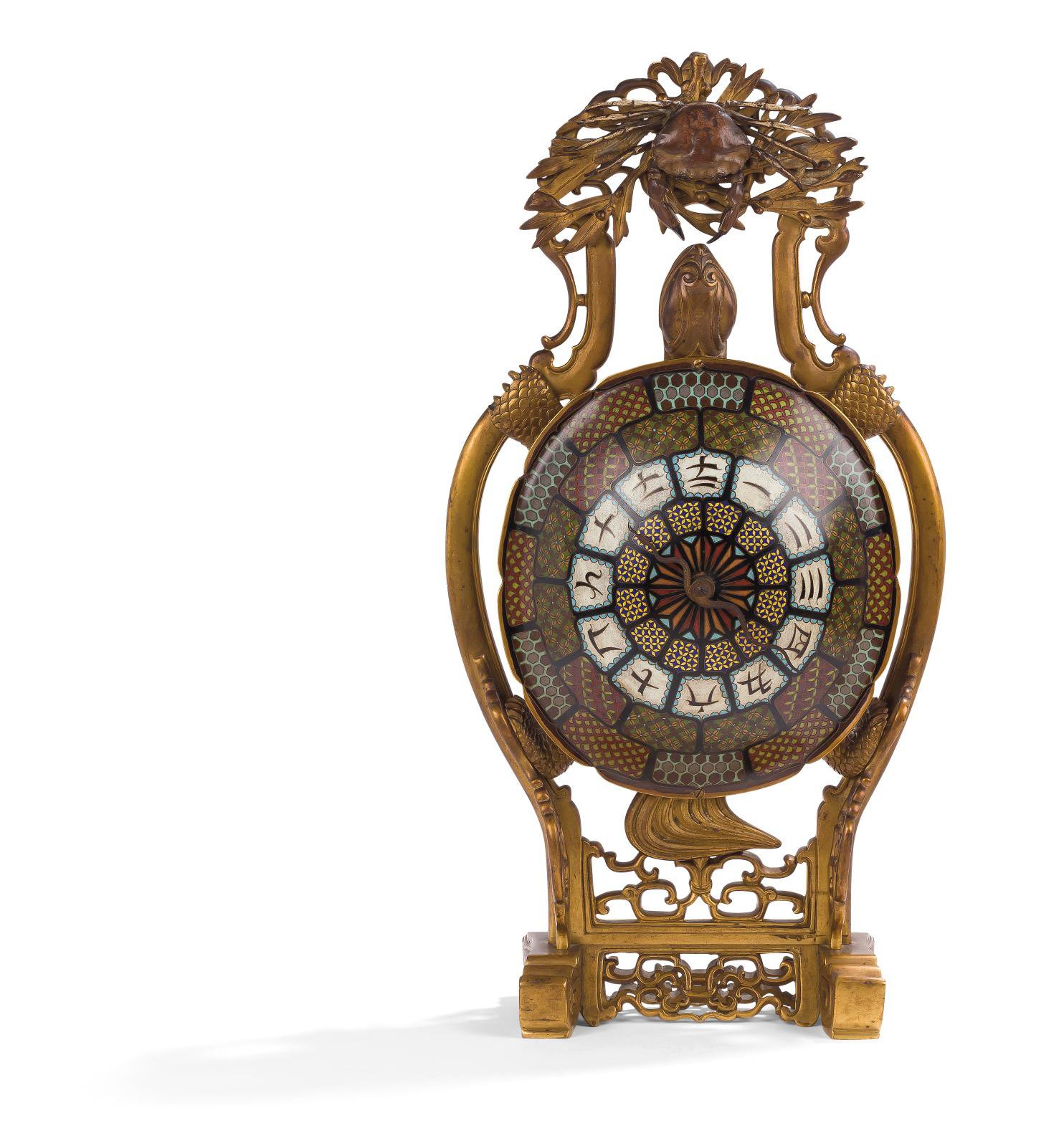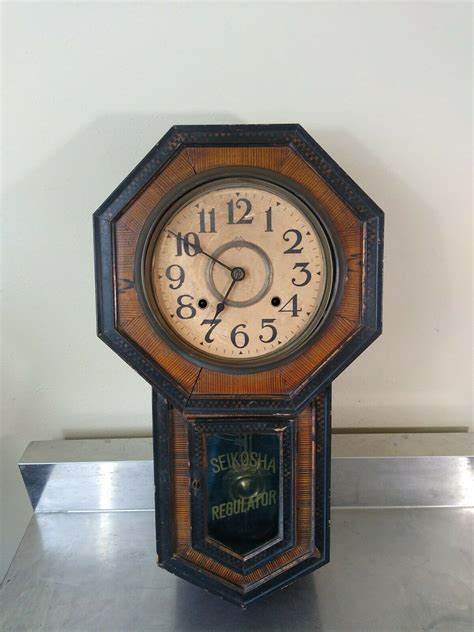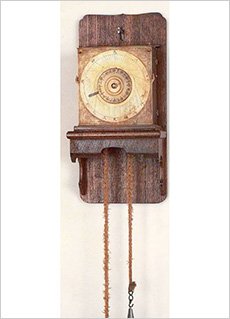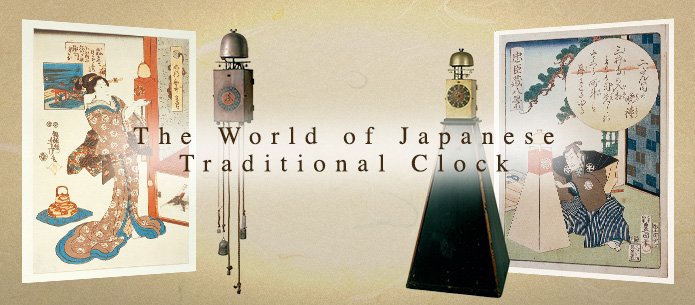Japan is a country known for its rich cultural heritage, attention to detail, and timeless craftsmanship. These qualities are reflected in everything from architecture to everyday objects. One area where this attention to tradition and design is especially visible is in Japanese clocks. Whether it’s a simple wall clock or a highly intricate mechanical timepiece, Japanese clocks offer a unique blend of functionality, aesthetics, and cultural values.
The Importance of Precision
In Japanese culture, precision and punctuality are highly valued. Time is seen as something that should be respected, and this attitude is deeply ingrained in the creation of Japanese clocks. For example, brands like Seiko and Citizen are known globally for their accurate and reliable timepieces.
Seiko’s development of the quartz movement in 1969 is a prime example of how Japanese clockmakers prioritize precision. This invention revolutionized timekeeping, making clocks and watches more accurate than ever before. Moreover, the Japanese belief in doing things with care and precision is evident in the meticulous craftsmanship found in every detail of their clocks.
Minimalism and Simplicity in Design
Another important aspect of Japanese culture is minimalism, which is closely tied to the concept of “Ma,” or the space between things. This philosophy emphasizes simplicity and balance, which can be seen in the design of many Japanese clocks. Therefore, brands like Casio and Rhythm often incorporate minimalist design elements in their products.
The sleek lines, simple faces, and uncluttered designs of many Japanese clocks reflect the aesthetic values of “Ma.” As a result, these designs not only make the clocks easy to read but also ensure that they complement a wide variety of interior styles. In addition, the minimalist approach aligns with the Japanese appreciation for balance and harmony in everyday life.
The Role of Nature and Seasons
Nature plays a significant role in Japanese culture, and this connection often finds its way into clock design. For instance, traditional Japanese clocks, such as the wadokei, were designed to adjust the hours based on the changing length of days throughout the seasons. This reflects the cultural importance of living in harmony with nature.
Modern Japanese clocks may not change with the seasons, but many still incorporate nature-inspired designs. For example, some clocks feature floral motifs or wooden elements, connecting them to Japan’s deep respect for the natural world. Thus, this integration of nature into daily objects demonstrates how Japanese culture seeks to maintain a connection to the environment.
Craftsmanship and Longevity
In Japan, there is a cultural emphasis on creating objects that last. This is part of the broader concept of “monozukuri,” which translates to the art of making things with dedication and skill. Consequently, Japanese clockmakers apply this philosophy to their products, ensuring that they are not only functional but also durable.
High-quality materials, attention to detail, and a focus on durability ensure that Japanese clocks can last for generations. As a result, brands like Orient are known for their mechanical clocks that are passed down as family heirlooms. This dedication to craftsmanship reflects the Japanese value of creating items that are meant to endure.

Symbolism in Timekeeping
Finally, the act of timekeeping itself holds symbolic meaning in Japanese culture. Time is often seen as fleeting, and there is an appreciation for the present moment, known as “ichi-go ichi-e” (one time, one meeting).
Some Japanese clocks also incorporate symbolic designs, such as traditional patterns or shapes that carry cultural meaning. For instance, some clocks feature koi fish, symbolizing perseverance, or cherry blossoms, representing the beauty and fleeting nature of life. Consequently, these designs add an extra layer of cultural significance to the functionality of the clock.
Conclusion
Japanese clocks are more than just tools for telling time; they are reflections of the country’s cultural values and aesthetics. From precision and minimalism to a deep respect for nature and craftsmanship, Japanese clocks offer a glimpse into the traditions and philosophies that define the culture. Thus, whether it’s through a modern digital clock or a traditional mechanical timepiece, these values continue to shape the art of timekeeping in Japan.




